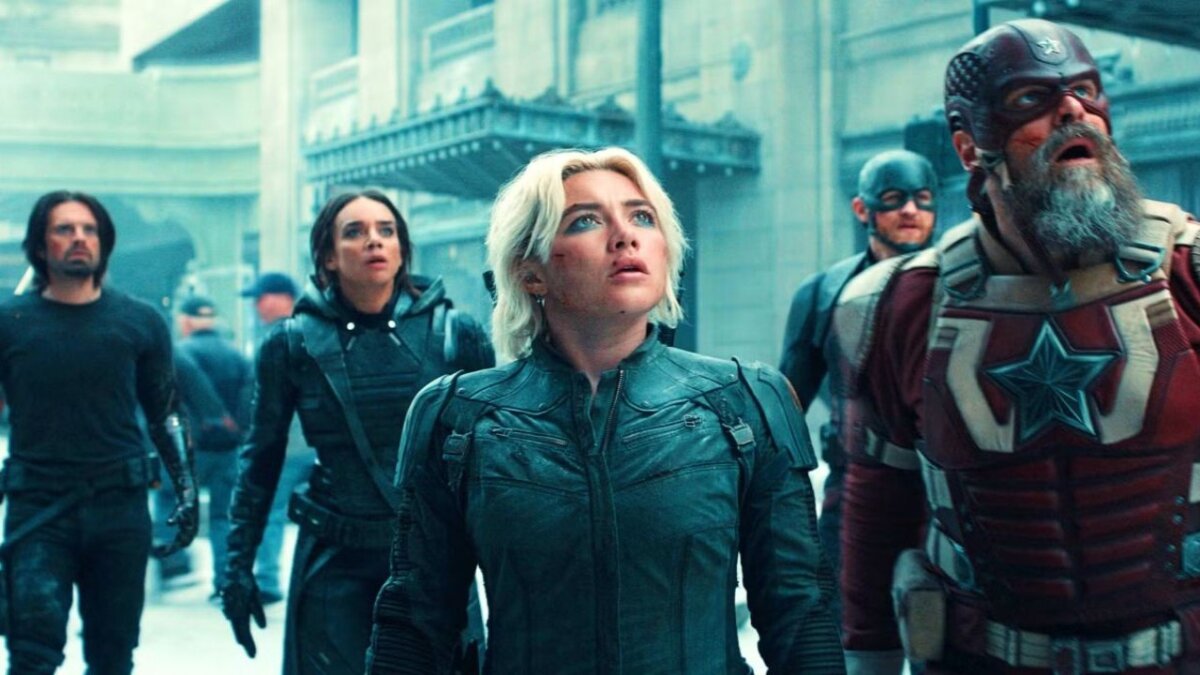Sebastian Stan and Florence Pugh’s Thunderbolts introduced MCU fans to a major new character—Bob, aka Sentry or The Void—brought to life by Lewis Pullman. However, director Jake Schreier revealed that the film’s portrayal of Bob significantly diverged from the comics, largely due to Spider-Man: No Way Home’s recent use of a similar story concept.
Schreier explained that No Way Home famously ended with Peter Parker asking Doctor Strange to erase everyone’s memory of him to prevent a multiverse catastrophe. This mirrors the core comic book narrative of Sentry, where Bob is a forgotten hero who erased the world’s memories to contain his dark alter ego, The Void. Retelling that tale so soon would have felt repetitive.
“Obviously, we couldn’t tell that same story because of Spider-Man: No Way Home. Thanks, Jon [Watts],” Schreier joked.
Instead, Thunderbolts reimagined Bob as a failed test subject in a secretive government program (O.X.E.), whose memory was only partially wiped. The film zooms in on Bob’s internal battle, using his split identity as a metaphor for mental illness—the struggle between his heroic and destructive sides.
Schreier connected with the character’s lingering hubris and how those around him begin to worry about it. Pullman echoed this complexity, emphasizing that Bob’s different facets aren’t distinct personalities but parts of a single person coping with extreme psychological stress.
Although Bob’s origin was altered, Marvel fans can expect to see more of Pullman’s character soon, as he’s slated to return in Avengers: Doomsday. The post-credits scene in Thunderbolts hints at a possible connection to the upcoming Fantastic Four reboot.


